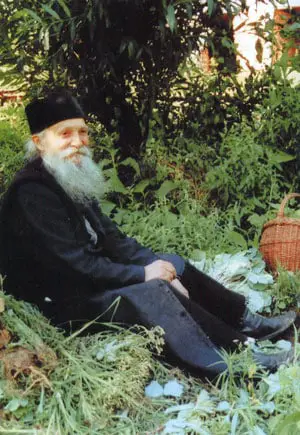Elder Thaddeus: All of us sin constantly. We slip and fall. In reality, we fall into a trap . . .

“All of us sin constantly. We slip and fall. In reality, we fall into a trap set by the demons.
The Holy Fathers and the Saints always tell us, ‘It is important to get up immediately after a fall and to keep on walking toward God’. Even if we fall a hundred times a day, it does not matter; we must get up and go on walking toward God without looking back.
What has happened has happened – it is in the past. Just keep on going, all the while asking for help from God.”
+ Elder Thaddeus of Vitovnica, Our Thoughts Determine our Lives.




